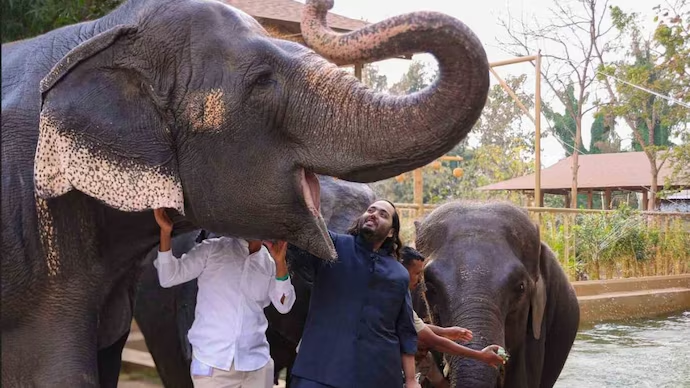Now Reading: Ranveer Allahbadia Breaks Silence on ‘Fake Rejection’ Controversy, Resumes Podcast with Fresh Clarity
-
01
Ranveer Allahbadia Breaks Silence on ‘Fake Rejection’ Controversy, Resumes Podcast with Fresh Clarity
Ranveer Allahbadia Breaks Silence on ‘Fake Rejection’ Controversy, Resumes Podcast with Fresh Clarity

Popular podcaster and YouTuber Ranveer Allahbadia has responded to the backlash surrounding claims of fake rejection stories in his past content. Addressing the controversy head-on, he clarified his position and returned to podcasting with new episodes and a more reflective tone. His statement has reignited discussions on online narratives, authenticity, and how digital creators navigate criticism.
The Backstory of the Controversy
Ranveer, also known as BeerBiceps, had earlier shared stories of personal rejection and emotional struggles, which were seen as relatable by many followers. However, recent claims from social media users accused him of fabricating or exaggerating those experiences to build a curated image online.
The backlash gained momentum when old clips resurfaced, prompting viewers to question the timeline and authenticity of his statements. For a digital figure known for self-help and motivational content, this struck a nerve with both fans and critics.
Ranveer’s Clarification and Response
In a new video and podcast update, Ranveer addressed the situation directly. He admitted that some of the past narratives may have been misinterpreted or misunderstood but denied any deliberate intent to mislead. He also acknowledged the importance of being clearer about context in storytelling, especially when discussing personal experiences.
Rather than taking a defensive stance, he spoke about the emotional impact of the online judgment and how it affected his creative confidence. According to him, the break he took was essential for self-reflection and regaining focus.
The Return of His Podcast
Now back with new episodes, Ranveer seems to be taking a more thoughtful approach. His latest guests include entrepreneurs, artists, and thought leaders, with conversations focusing less on personal anecdotes and more on meaningful insights. There’s a visible effort to keep discussions grounded and transparent.
For his Tier 2 and Tier 3 city audiences in India, who often turn to such podcasts for relatable life advice and self-growth content, this shift may feel more in tune with real-life experiences than aspirational storytelling.
Why It Matters in the Indian Creator Space
This controversy isn’t just about one influencer. It reflects a larger trend in India’s creator economy, where authenticity is increasingly valued over curation. As audiences become more discerning, especially in smaller cities and regional spaces, creators are being held to higher standards of honesty.
Ranveer’s case opens up a broader conversation about how public figures handle vulnerability, backlash, and the blurred line between inspiration and performance in the digital world.
Conclusion
Ranveer Allahbadia’s comeback signals a reset—not just for his content, but for how creators engage with their audience in India’s evolving digital landscape. While the controversy may linger in conversations, his response shows a willingness to adapt and grow, which might just restore trust among his followers.
























